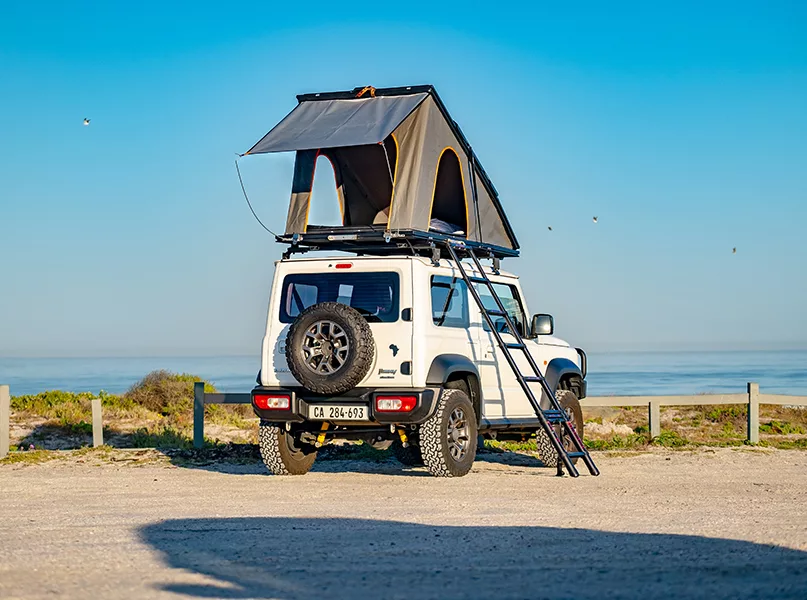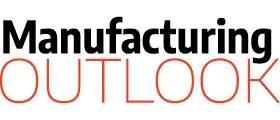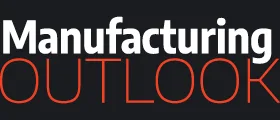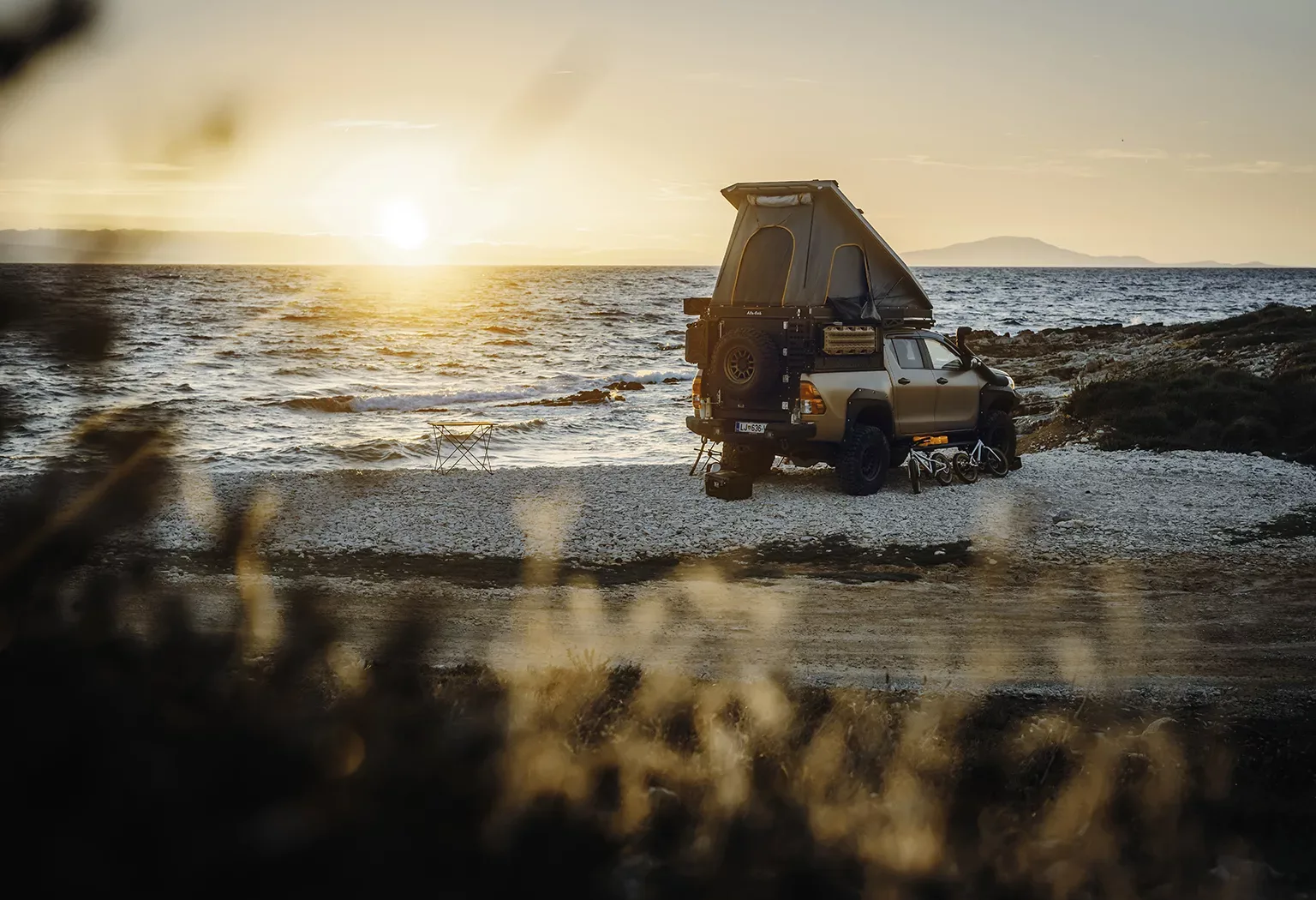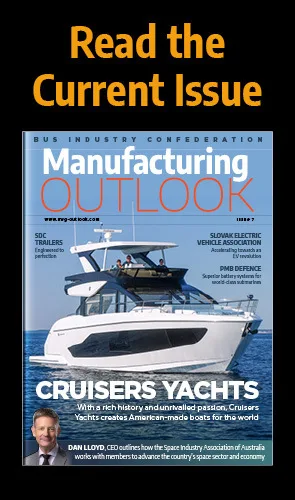Born out of a passion for overlanding and exploring the great outdoors, Alu-Cab has transformed from a Cape Town start-up to a global supplier of adventure vehicle accessories, as CEO, Warwick Leslie tells us.
AN ADVENTUROUS PURSUIT
“To be successful, you have to have your heart in your business, and your business in your heart.”
Coined by Thomas Watson, the entrepreneur whose 40 years at IBM propelled it into the largest manufacturer of data-processing equipment in the world, this statement captures perfectly the story of Alu-Cab.
Like Watson and IBM, this is a story of passion. In this case, Founder and COB Jeremy Bergh’s heart was in overlanding – a hobby centred around a combination of remote travel, off-roading, and camping that is fuelled by a spirit of adventure and a desire to seek off-piste, unspoiled destinations.
The same can be said of Managing Director, Warwick Leslie, whose love of mechanical engineering (and fishing) brought him into the Alu-Cab fold.
“I’ve been interested in anything mechanical my whole life,” he says. “When I finished school, I studied mechanical engineering and during that time got involved in circuit racing, building and modifying road cars for the track. At the same time, I also got very involved in fishing and that’s when I decided that I needed a more practical vehicle to get to the areas I wanted to get to.
“The natural choice was a four-wheel drive and, being a tinkerer and someone that can’t leave things alone, that vehicle didn’t remain standard spec for very long. It was in this modifying journey that I met Jeremy. This was in the very early days of Alu-Cab and together, we did quite a lot of work on the vehicle.”
Back then, Warwick was working in the food processing industry, an endeavour which, by his own admission, was not motivated by a passion for pursuing a career in the sector.
“Jeremy offered me an opportunity to work at Alu-Cab,” he continues. “It was, at the time, a very scary one. It was a huge pay cut to get involved but I decided that I was young enough to take a risk. That was 19 years ago, and here we are today.”
“Jeremy offered me an opportunity to work at Alu-Cab… It was, at the time, a very scary one. It was a huge pay cut to get involved but I decided that I was young enough to take a risk. That was 19 years ago, and here we are today”
Warwick Leslie, CEO, Alu-Cab
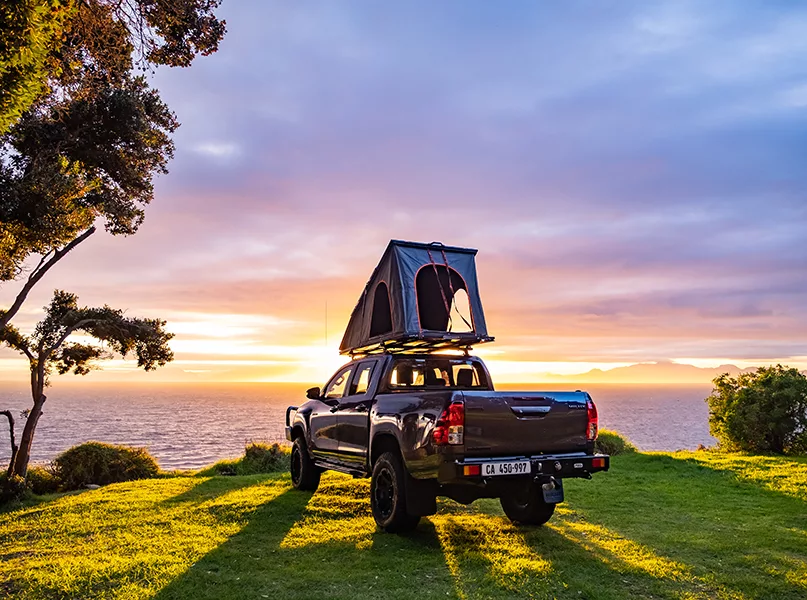
STANDING OUT
It is fair to say that a lot has happened since Warwick joined the Alu-Cab journey back in the early 2000s.
The company was founded off the back of Bergh’s own travel experiences. Space and weight posed constant challenges, challenges which inspired the creation of the first ever aluminium canopy specifically engineered for adventure travellers. The product, which provides a practical way of utilising space and accommodating weight in overlanding vehicles, has been subject to constant refinement ever since. As this process continued, with accessories for the canopy being innovated alongside improvements to the core product, the more Bergh and Warwick realised its boundless potential.
Today, the company stands proud as a home-grown South African enterprise that operates its own fully developed manufacturing facility in Cape Town, where the journey started, and employs well over 600 people.
It produces a vast portfolio of vehicle accessories designed to make the overlanding experience as seamless and comfortable as possible, ranging from a fridge slide-through to a full-blown sliding camper with central heating, and many more nifty items in between. Alu-Cab sells globally, with significant customer bases in Europe, North America, and Australia, where overlanding is often cited as being born.
So, passion and heart aside, what has enabled the company to command a status as a market leader?
“I think we’ve got two main differentiators that make us stand out from the competition,” Warwick explains. “The first and foremost is our innovation and R&D. We always try to come up with new and different solutions to problems that people experience in vehicular travel or otherwise.
“The other main differentiator is the scope of products that we offer. We don’t concentrate on only one sector of the industry. We have a very broad spectrum of products which allows us to be as close to a turnkey accessory supplier as possible.”
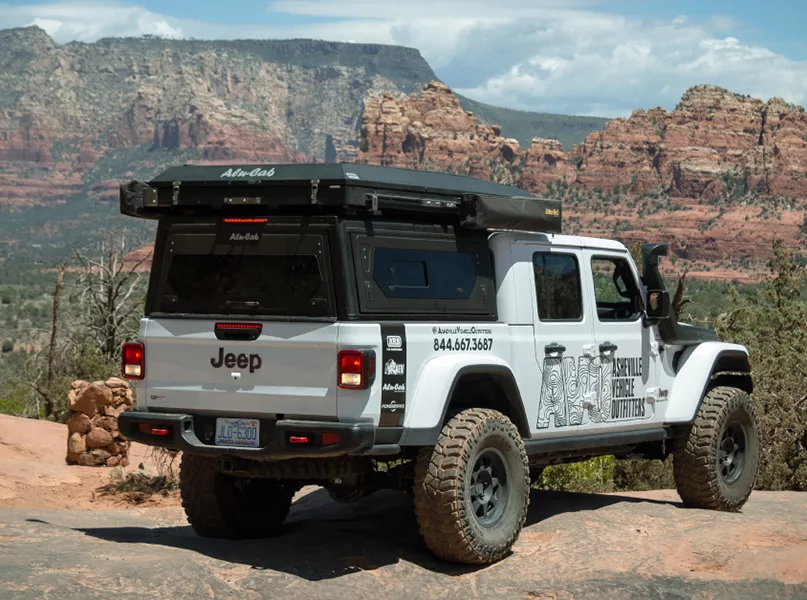
RESPONSIBLE GROWTH
Warwick and Alu-Cab, in reaching this point, have also ensured that the journey to becoming and now sustaining a successful company is grounded in principle and responsibility.
“We’re all about being conscious and sustainable,” he states. “We truly care about our impact on the environment and we’re dedicated to making a positive, lasting change for future generations. We run a large CSI program that focuses on African conservation, both locally and beyond.”
Indeed, the firm is involved in a variety of initiatives, working closely with a range of organisations to support anti-poaching and endangered wildlife conservation, as well as community upliftment.
These include collaborations with the Ford Foundation, the Endangered Wildlife Trust’s Vultures for Africa Program, and the Freshwater Research Centre on its Saving Sandfish Project. Alu-Cab also keenly supports with the Thornybush K9 Unit, where it sponsors dogs to protect the environment against poaching.
In terms of its own business operations, the company leads by example, playing its part in the circular economy with its in-house recycling initiative that runs across the entire footprint of factories.
Operating a response company also entails the empowerment of people and communities. Here, Alu-Cab is active on many fronts.
“We invest in the growth and development of our staff through an active training program,” Warwick explains. “Many of our team members come from diverse backgrounds and are without formal qualifications – at Alu-Cab, we believe in providing opportunities for everyone to succeed.
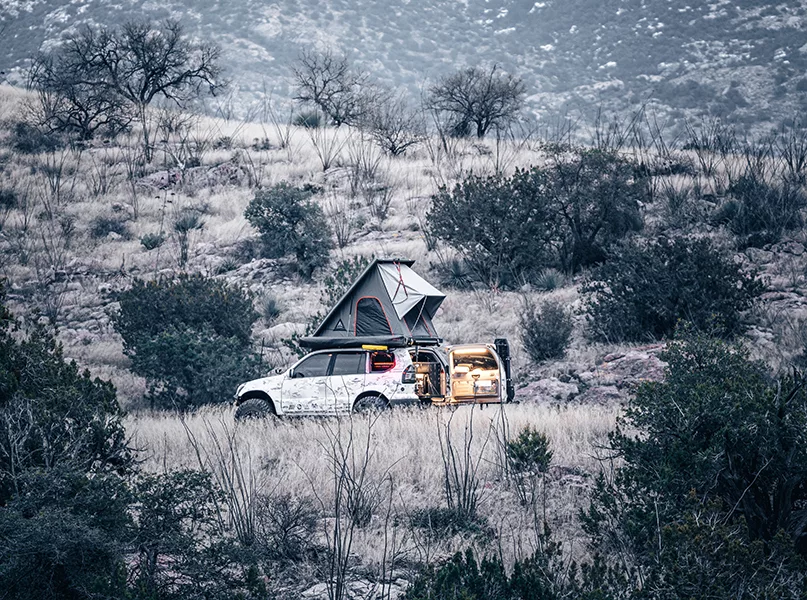
“We’re also committed to uplifting our community and putting in the time and effort required to ensure that our employees are equipped with the necessary skills to excel. Our HR department prioritises internal hiring for promotion and development, but when necessary, we also seek talent externally. We’re passionate about individual development and strive to uplift not only our staff but also the community around us.”
Supporting local enterprises through the supply chain is another important component that contributes to social value creation.
Alu-Cab’s procurement strategy revolves around utilising local suppliers wherever it is feasible, although a small portion of its stock does require sourcing from afar. However, the firm relies heavily on the reliability and quality of its local ecosystem of suppliers and service providers, and invests significant energy and resources into nurturing mutually beneficial partnerships.
“We pride ourselves on taking care of our suppliers and this ensures that we can deliver the best possible product at the most competitive price, all while supporting the growth and success of our local community,” Warwick adds.
“We pride ourselves on taking care of our suppliers and this ensures that we can deliver the best possible product at the most competitive price, all while supporting the growth and success of our local community”
Warwick Leslie, CEO, Alu-Cab
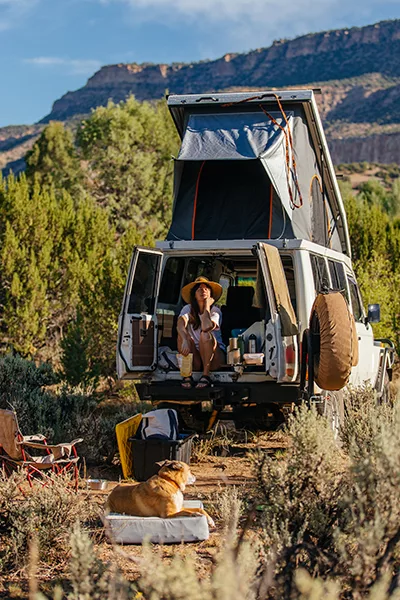
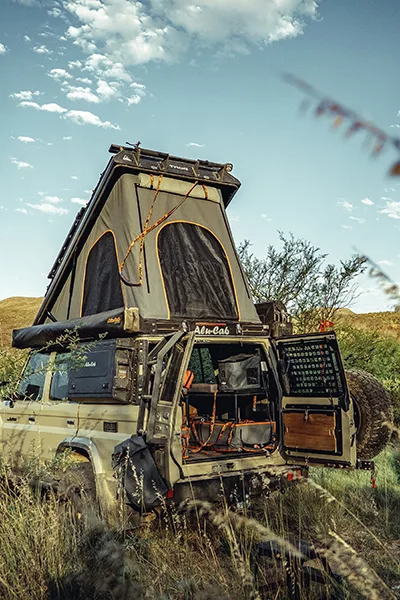
TIME FOR CONSOLIDATION
Looking ahead, Warwick remains grounded. Rather than continuing to pursue aggressive expansion which could be unsustainable in the longer term, the priority now is to consolidate and streamline the organisation.
“Due to our rapid growth over the last five years, we have ended up being quite fragmented in our manufacturing spaces because we’ve been forced to take whatever properties came up in the area,” he explains.
In response, Alu-Cab is in the process of consolidating five of its 15 factories. In the second half of 2024, the company will consolidate the remaining factories into a single building, bringing the total manufacturing real estate footprint down to just two sites. This, Warwick states, is key to unlocking efficiencies and working more coherently.
Developing the innovation pipeline and maintaining strong market positions across its territories are also key priorities. Succeed here also, and fast-forward a year to 18 months, Alu-Cab will be poised to take the next big step on its overlanding journey.
